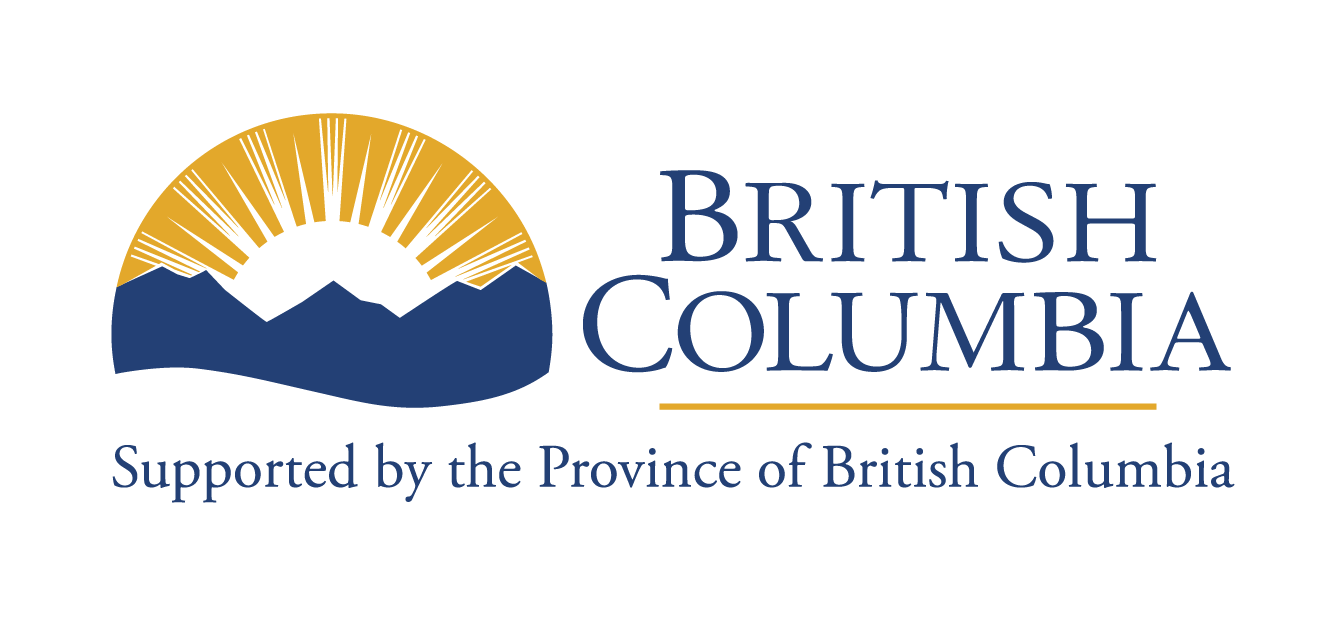PreCanSkate
Pre-CanSkate is for children between the ages of 3 and 5 years who are BRAND NEW to the world of skating, skaters who aren't confident, participants with special needs, or skaters who need a quieter/less energetic setting in which to learn. We will have a 1 coach to 7 skater ratio. Pre-CanSkate will be played based with a big focus on FUN. Participants will enjoy games, toys, creative circuits and much more.
Participants in this program will learn to stand! Yahoo! Once that is out of the way, they will learn how to move forward, backward, sideways, make snow, turn, jump and glide. This program is geared to help skaters build basics so that they can move into our CanSkate program.
CanSkate
CanSkate is a program geared to beginners of all ages, newcomers to Canada and athletes with a disability (AWAD). Whether you are looking to build or improve basic skating skills for a future in in figure skating, hockey, ringette, or speed skating, or if you wish to skate for recreation, fitness or fun - CanSkate will get you there.
Conducted in a fun, friendly environment, the CanSkate program showcases a comprehensive series of balance, control and agility skills, using a nationally-tested and proven curriculum that supports skater success in developing stronger basic skills on the ice.
Millions of Canadians, including World and Olympic figure skating champions and National Hockey League stars, have taken their first steps on the ice with the CanSkate program. CanSkate will give you the strongest start to help you realize your skating goals.
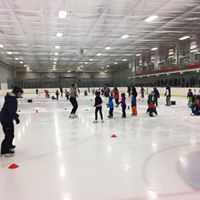
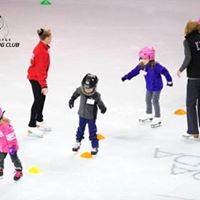
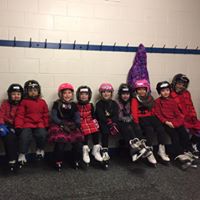
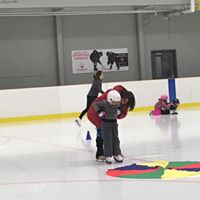
WHY SIGN UP FOR CANSKATE?
What is CanSkate?
CanSkate is a dynamic learn-to-skate program that focuses on fun, participation and basic skill development. Based on Sport Canada's long term athlete development (LTAD) principles, CanSkate centres on physical literacy and the fundamental skills needed to take part in any ice sport or to skate as a recreational activity.
Who is it for?
For beginners of all ages from 3 years and up, children or adults, as well as for those wishing to improve their basic skills whether their focus be for figure skating, hockey, speed skating or skating for fun and enjoyment.
Who teaches it?
NCCP trained professional coaches, assisted by trained program assistants.
What will you learn?
A complete series of balance, control and agility skills taught in six stages of learning that pertain to hockey, ringette, speed skating and figure skating as well as general recreational skating. CanSkate uses nationally-tested and proven curriculum and delivery methods that guarantee skater success in developing strong basic skills and developing them faster.
What can you expect?
Action, movement and fun! Lessons are given in a group format with a coach-to-student ration of a maximum 1:10. Skaters progress at their own rate and coaches make sessions active using teaching aids, upbeat music and a wide variety of activities that create a motivational environment and promote learning. Badges, ribbons and other incentives are used to benchmark skaters' progress and reward effort and participation.
These are some of the awards and incentives that have been developed to encourage athletes in CanSkate:

What do you need to participate?
All you need are skates, a CSA approved hockey helmet and warm clothing!

